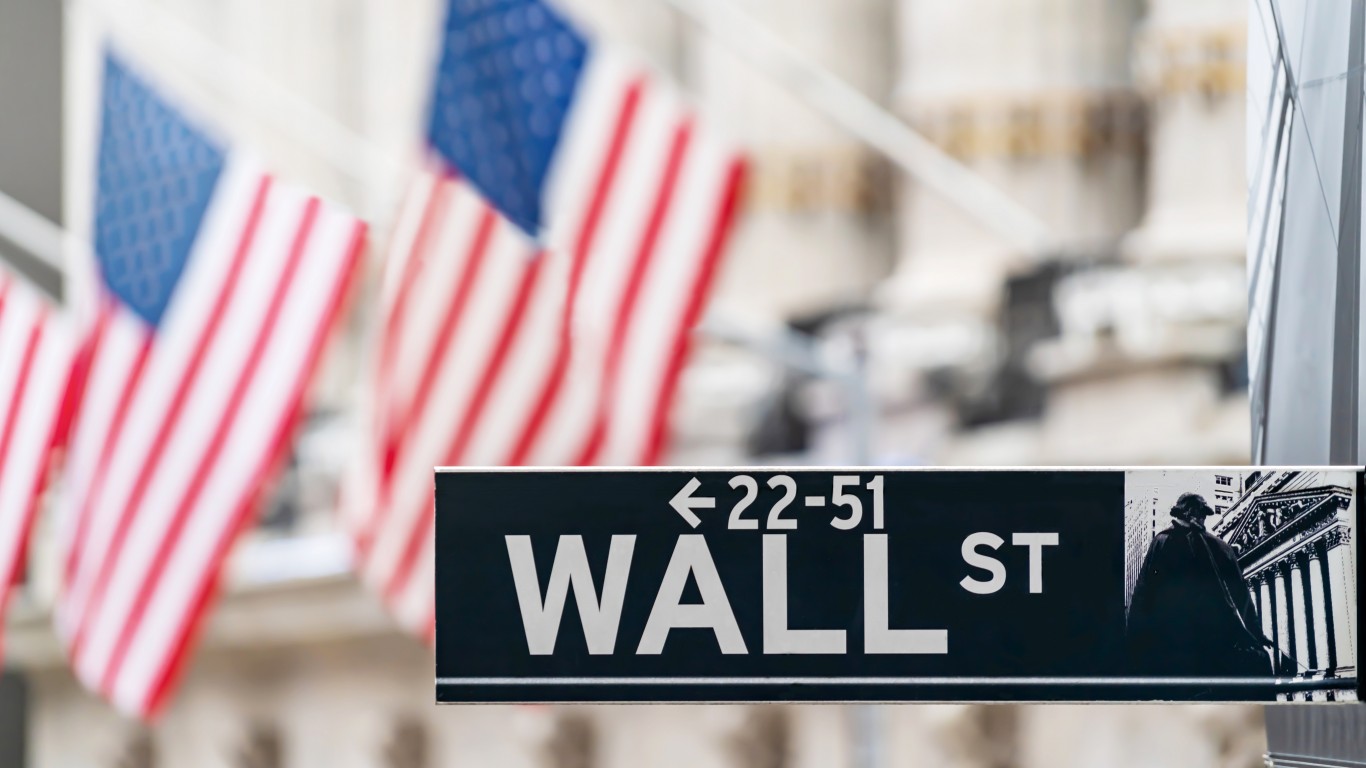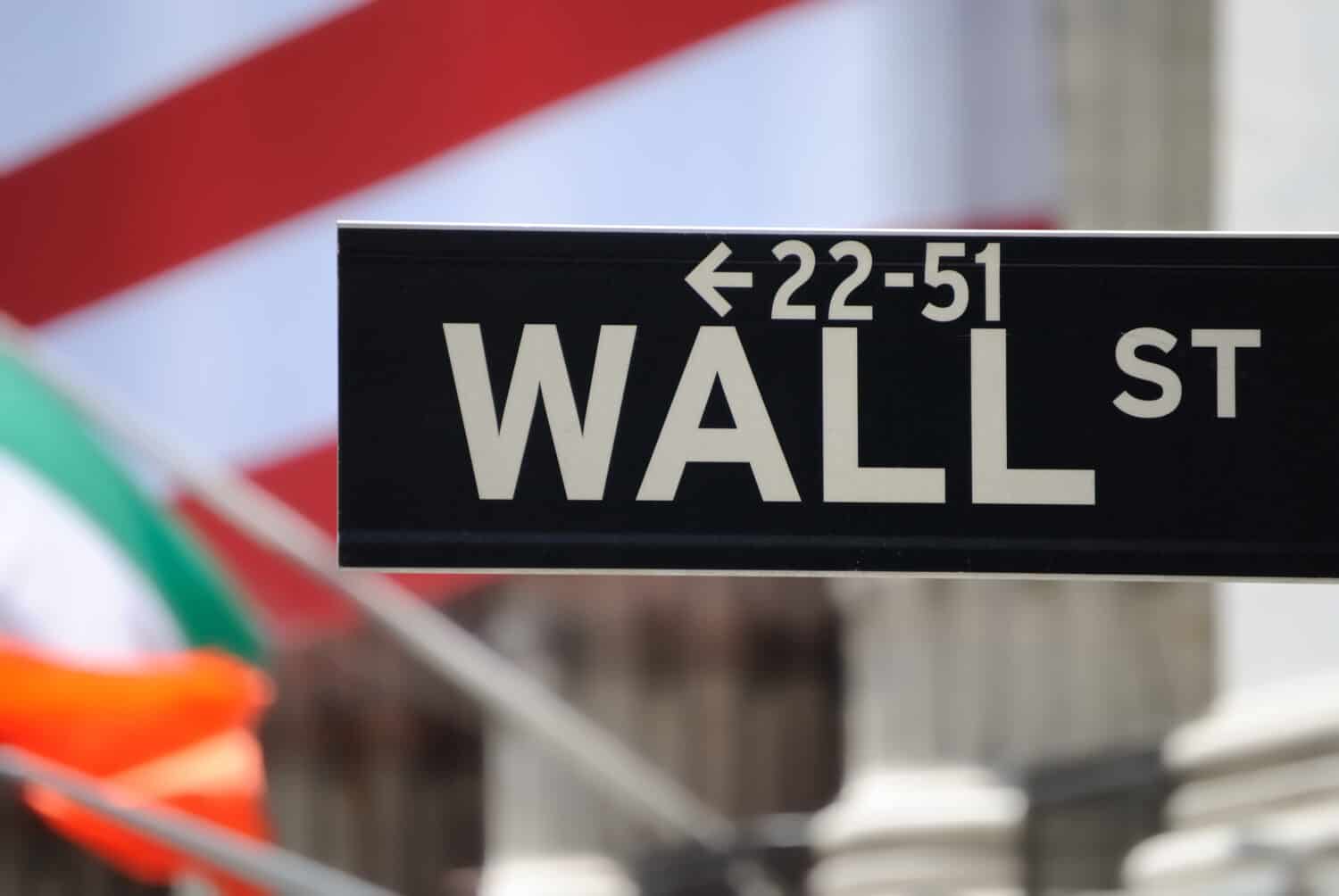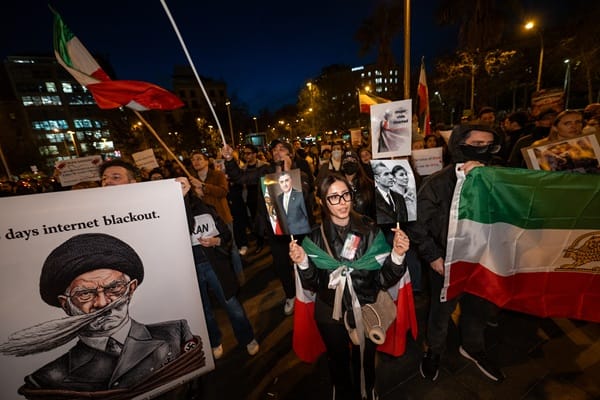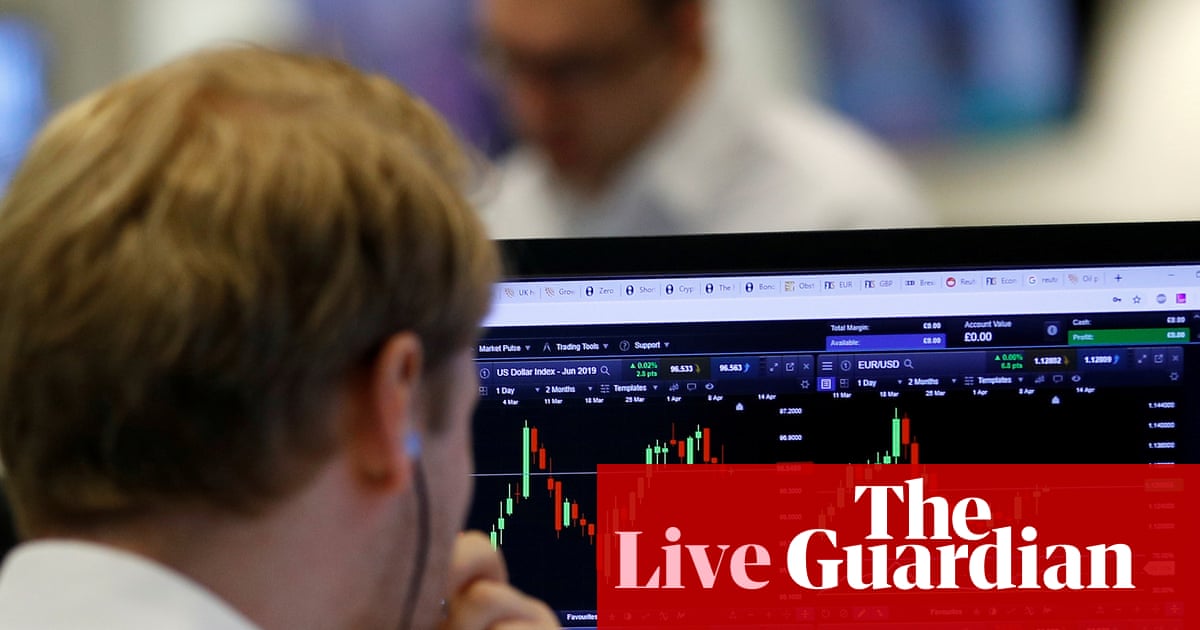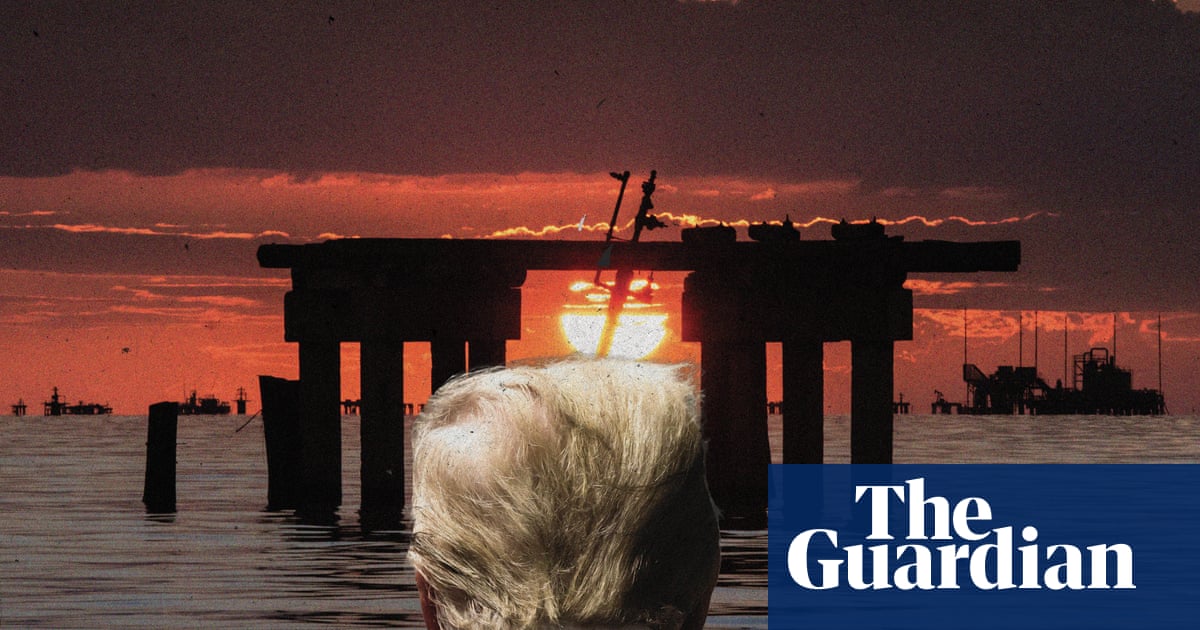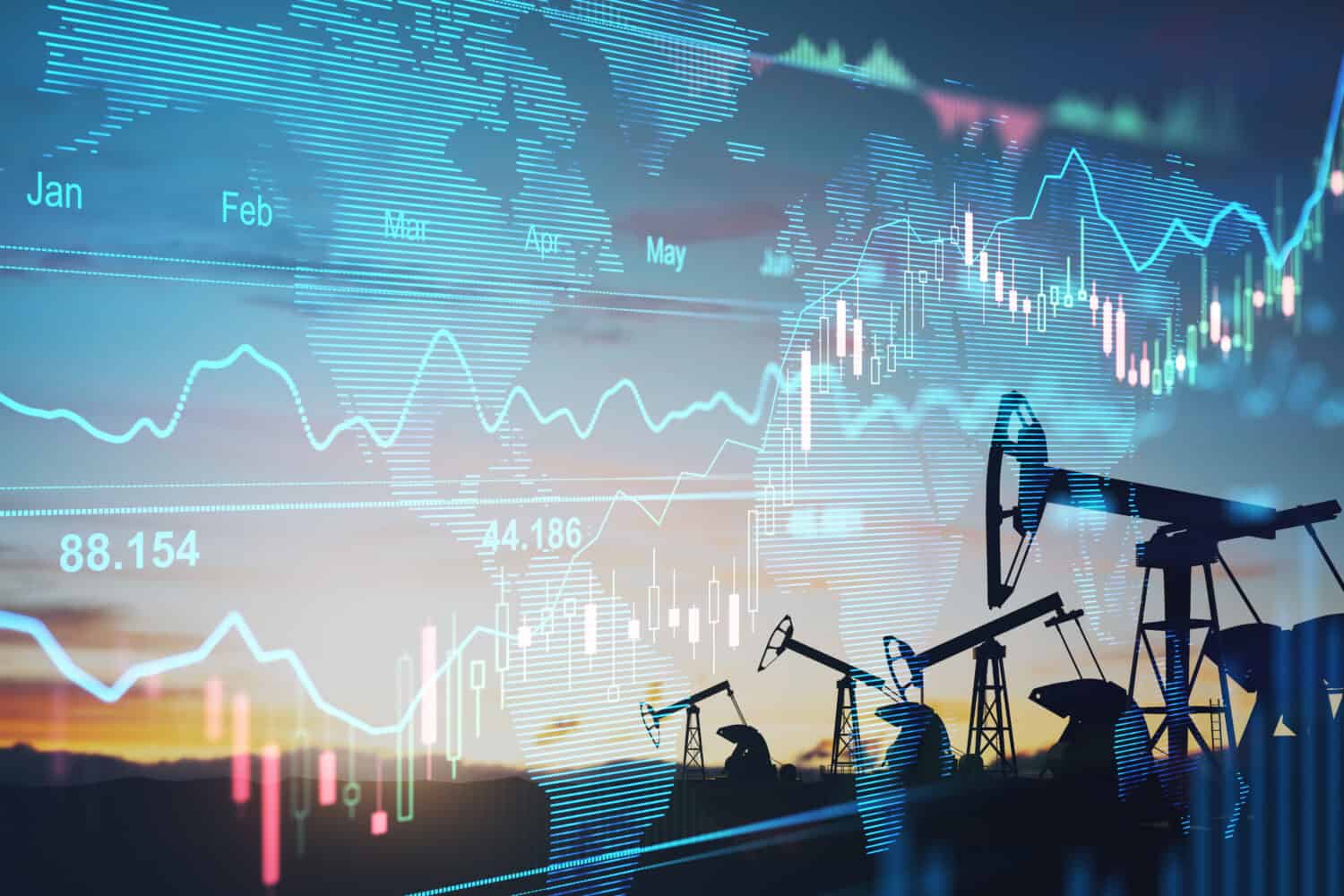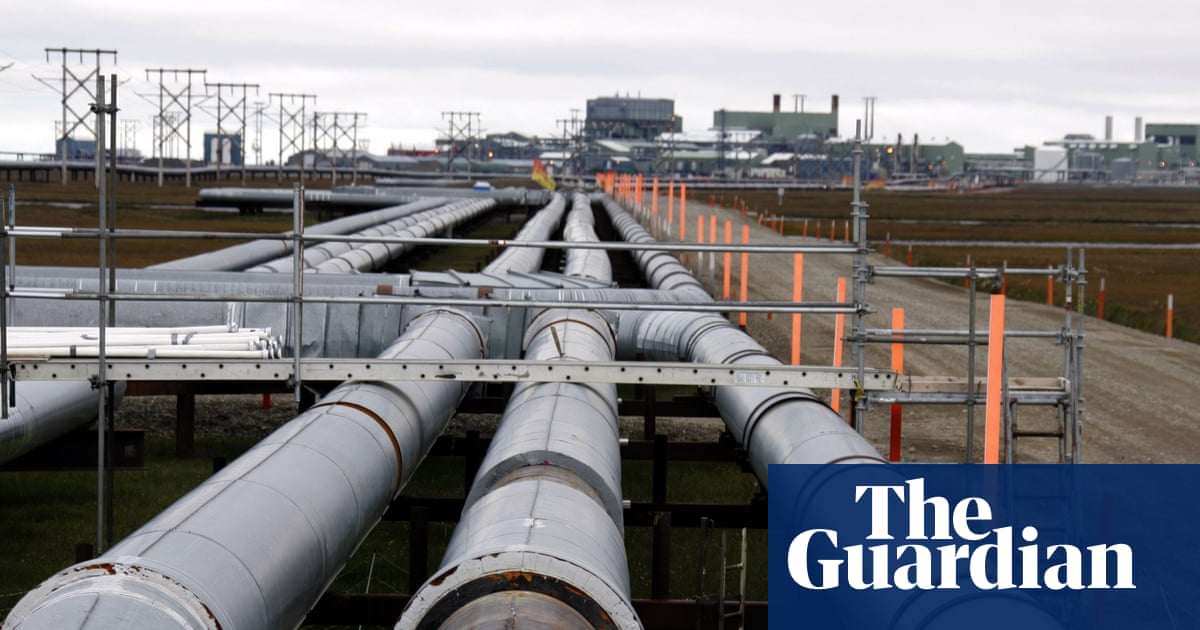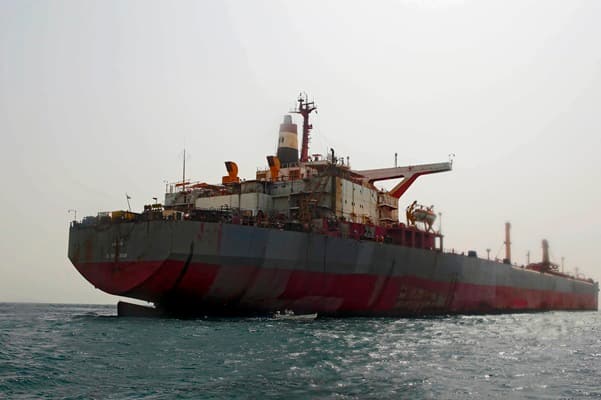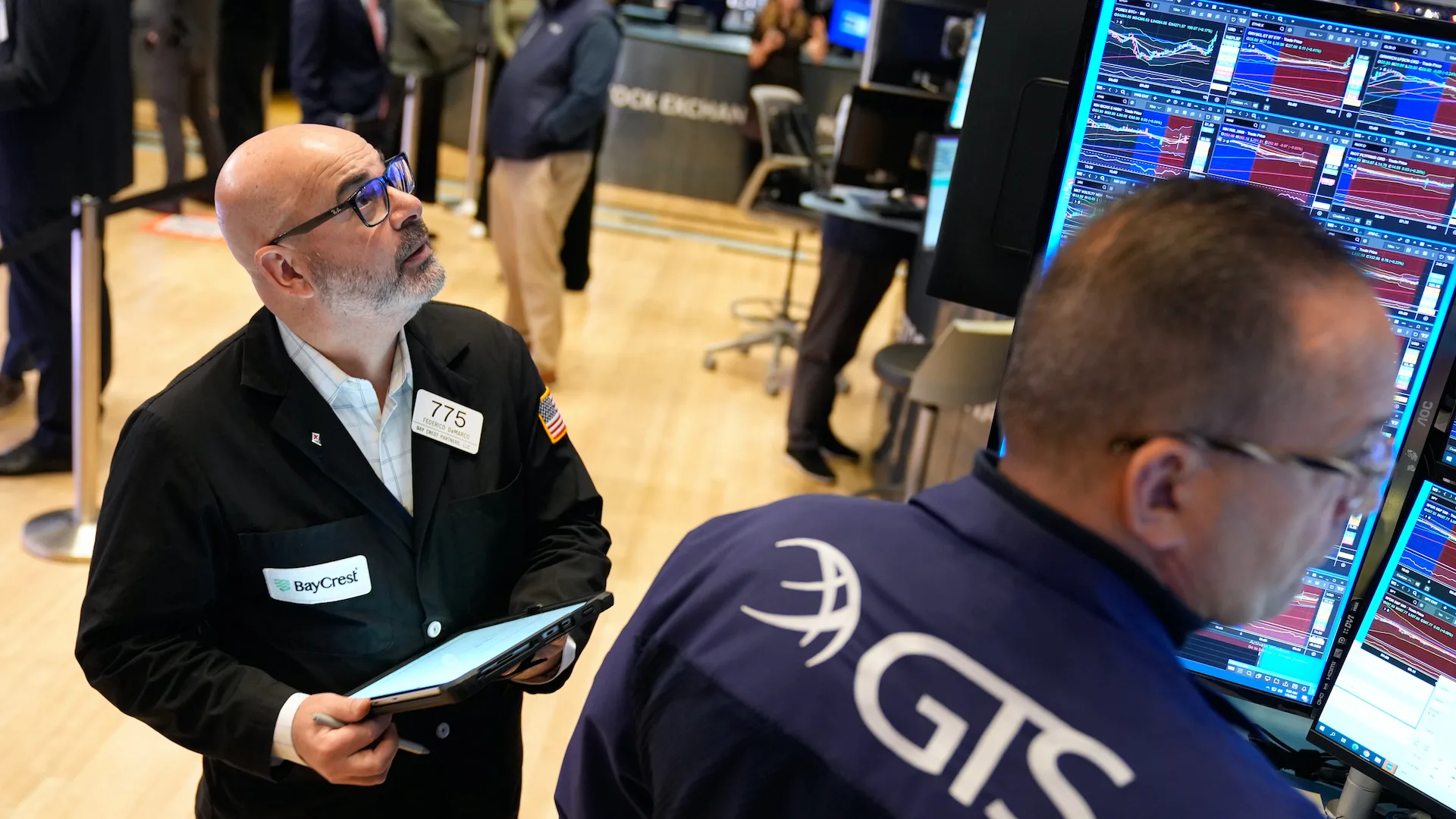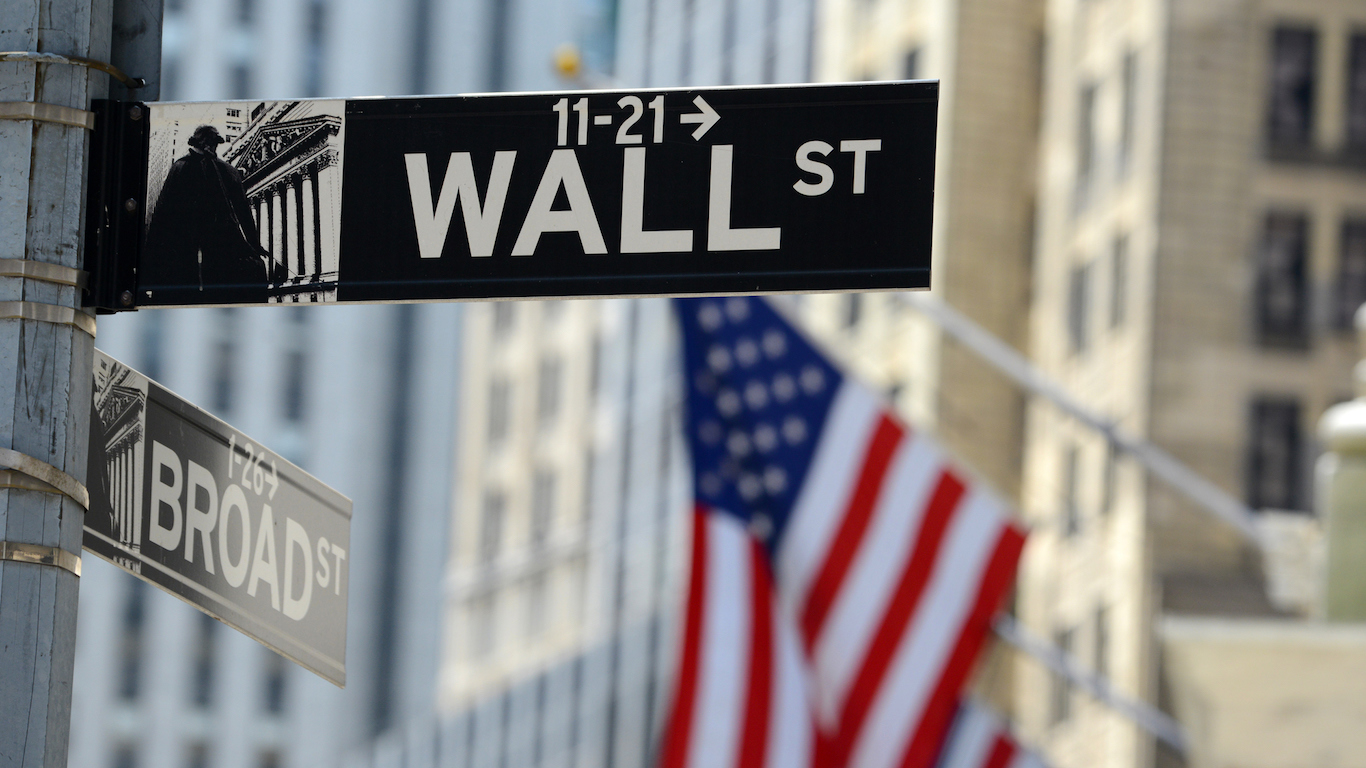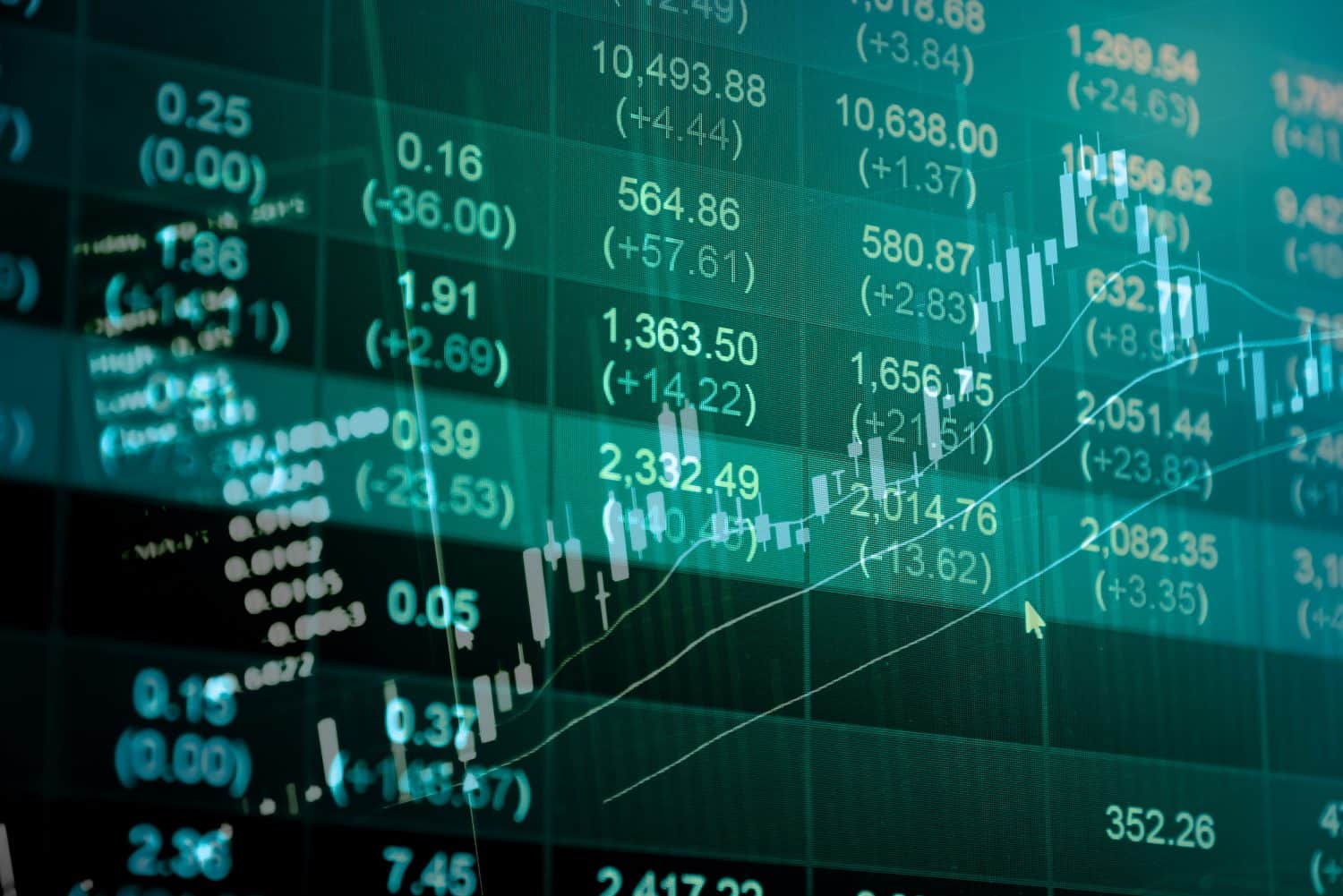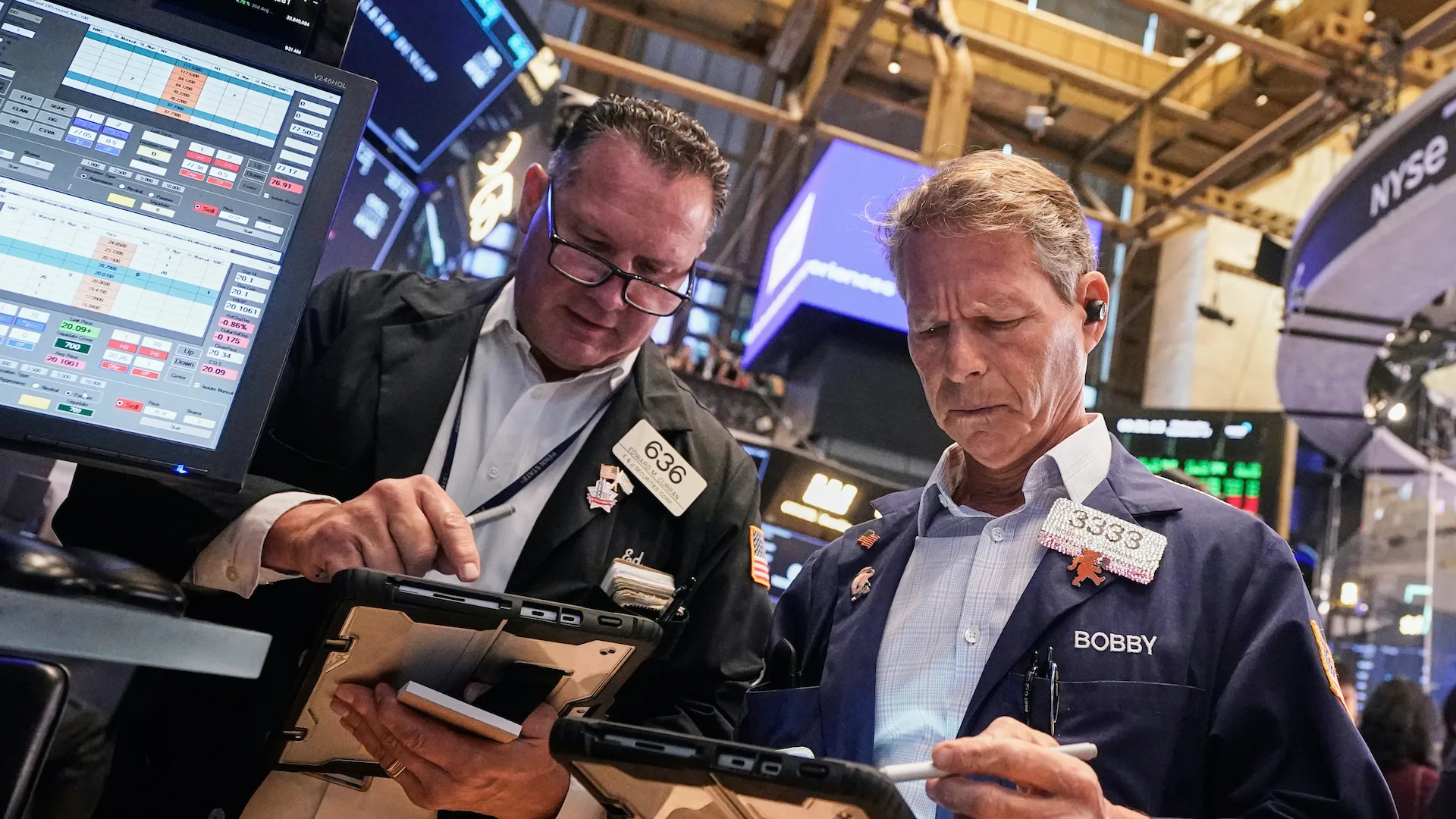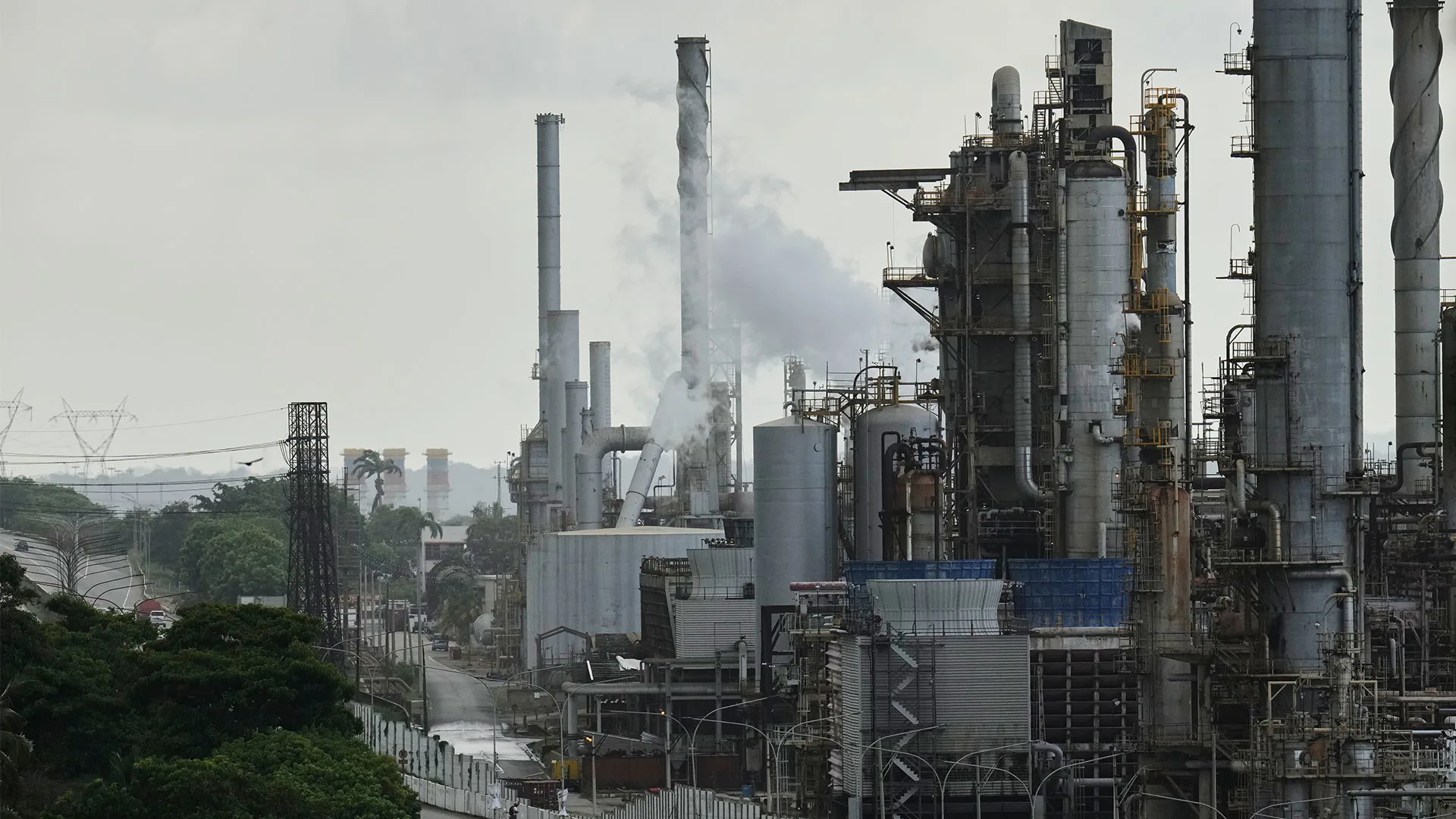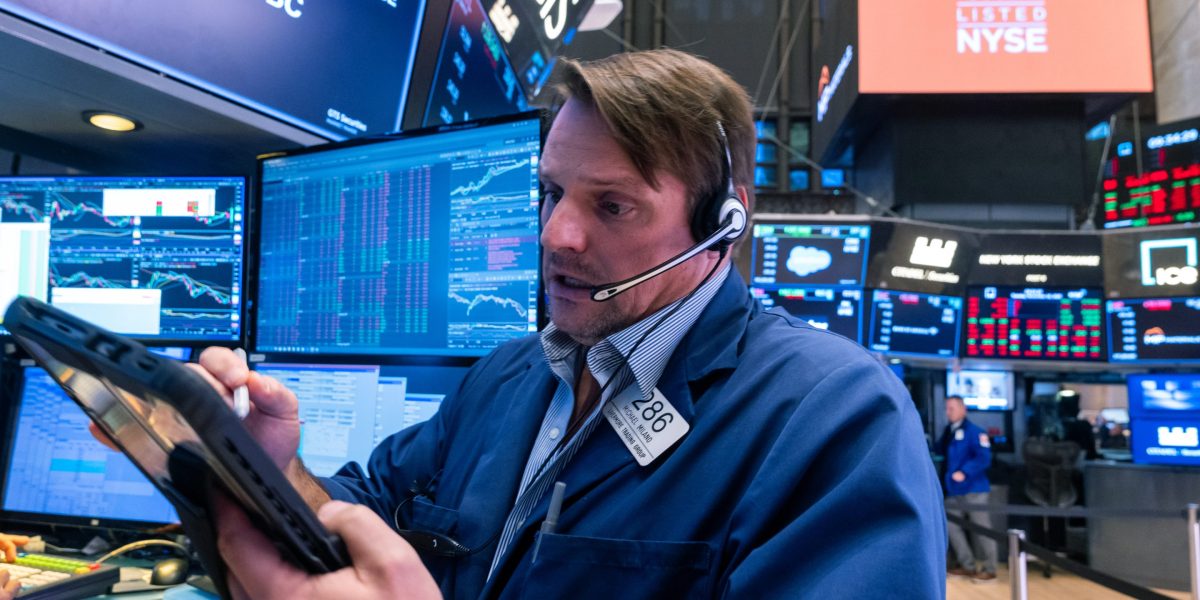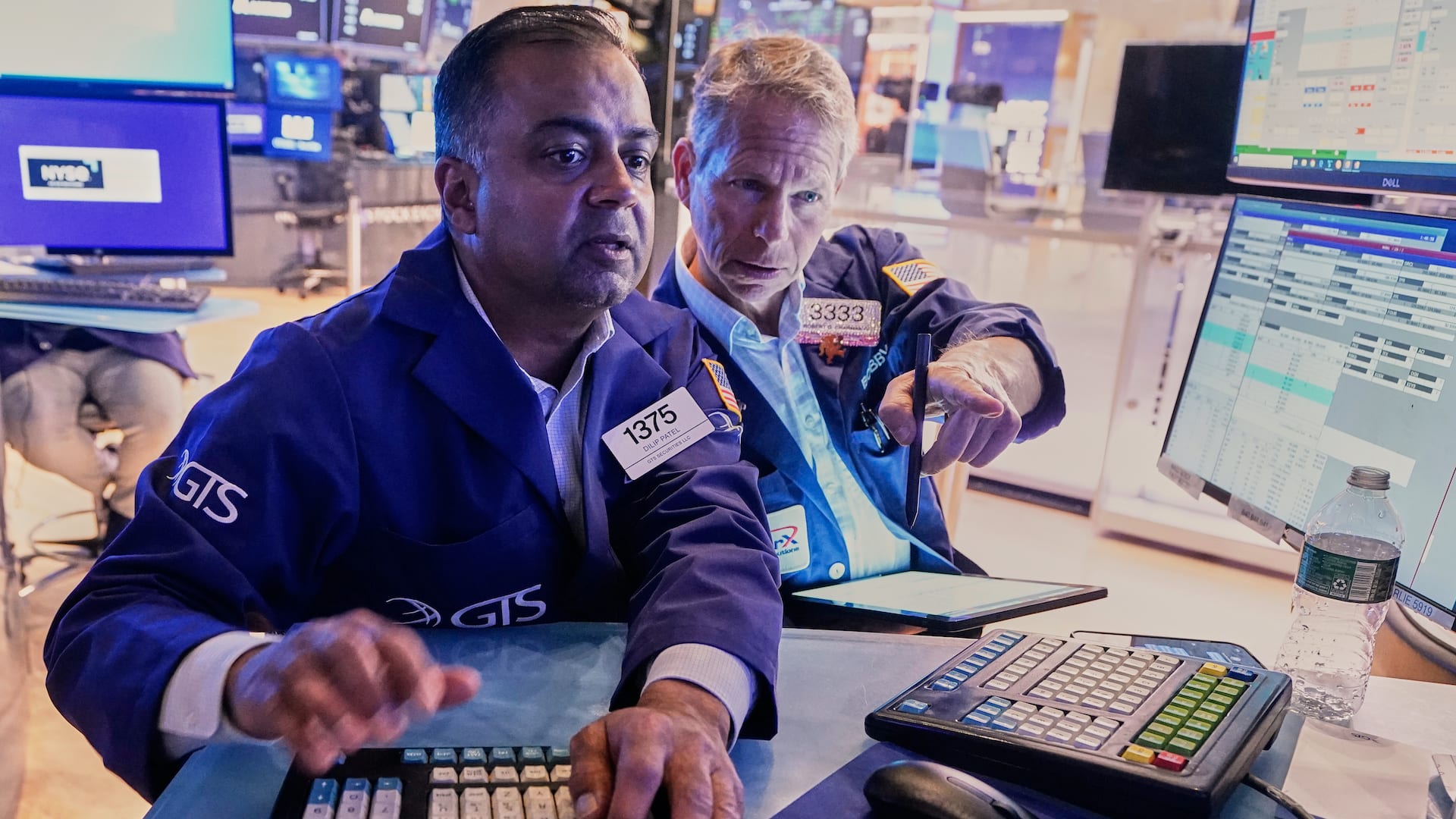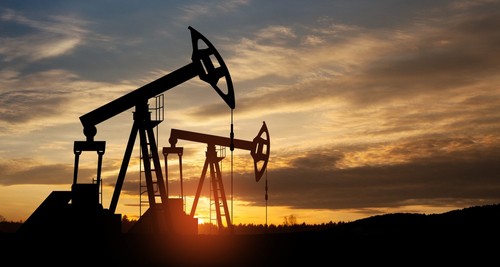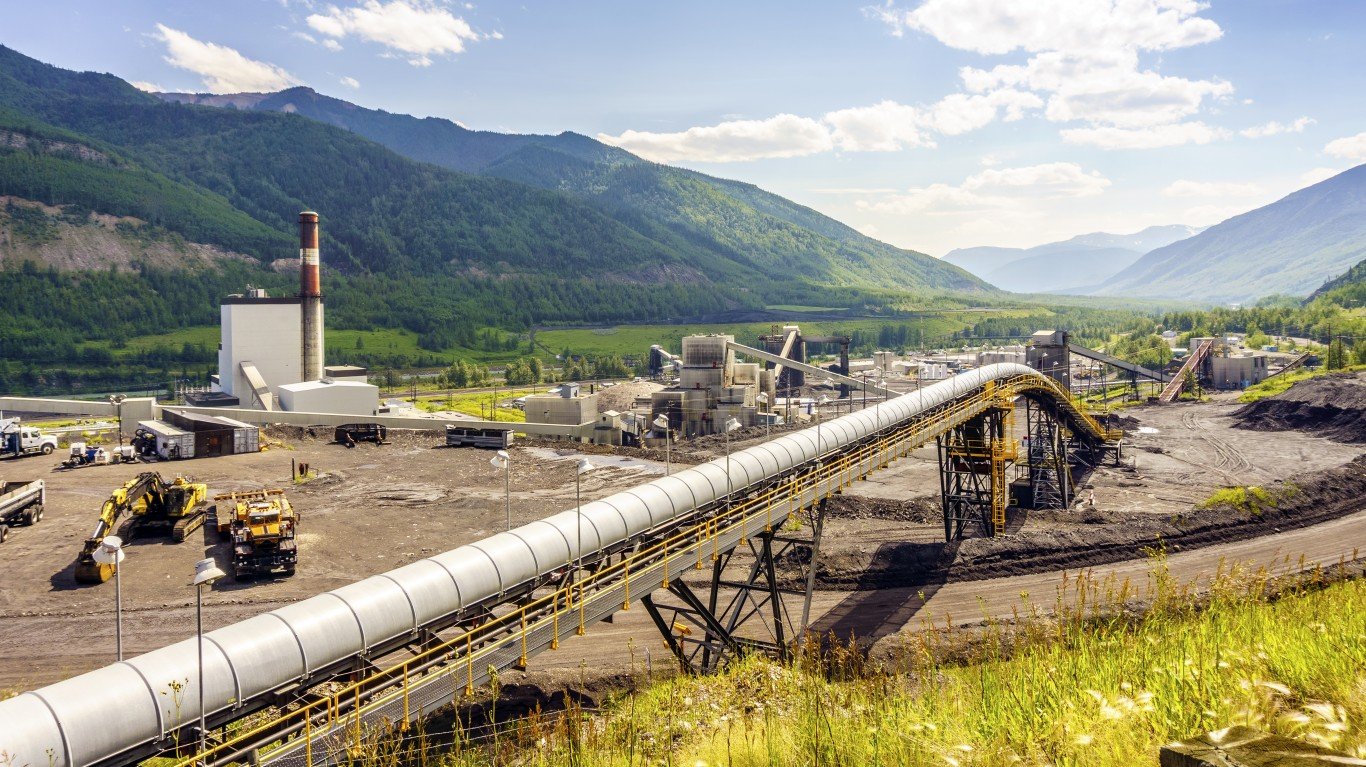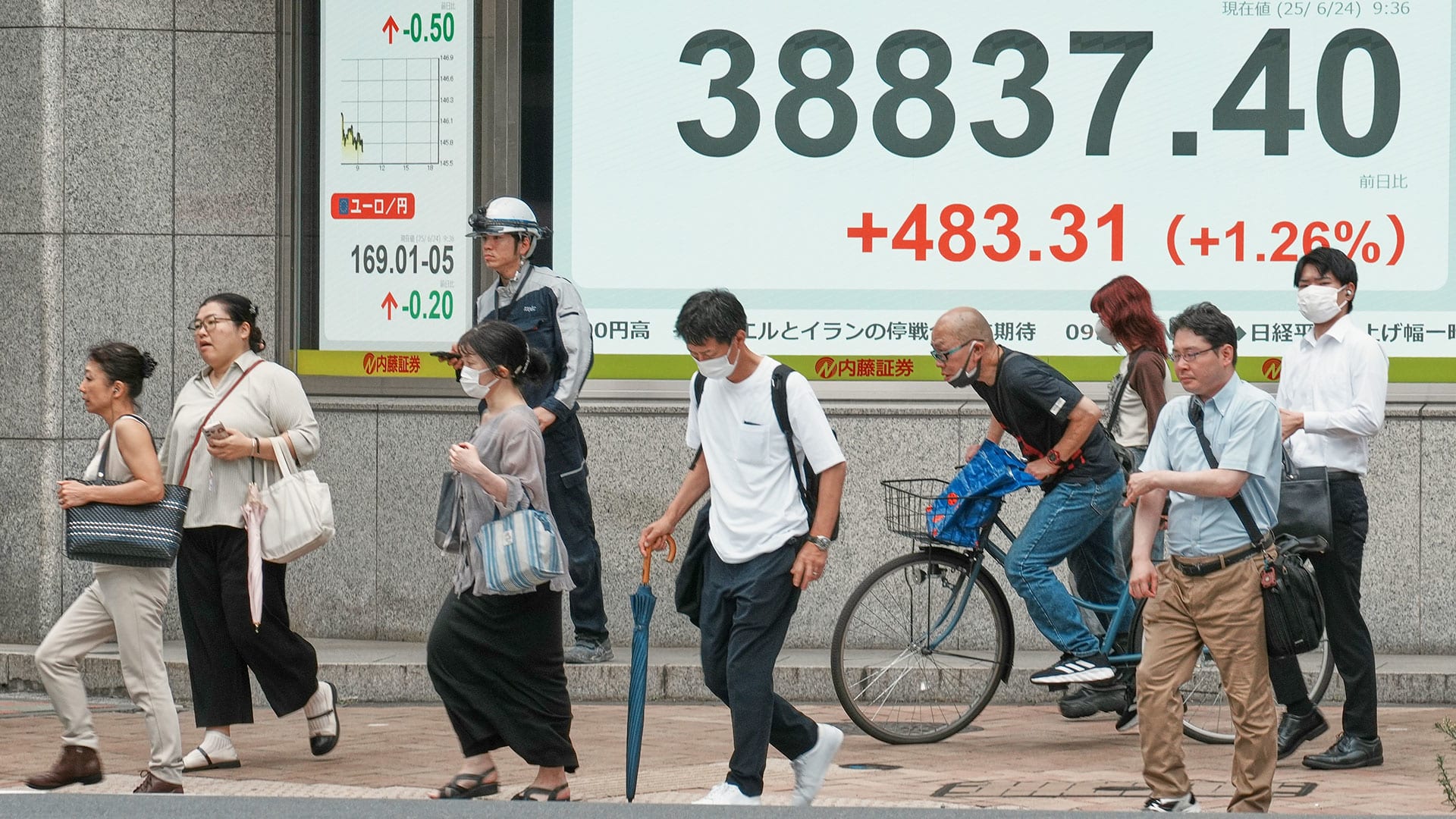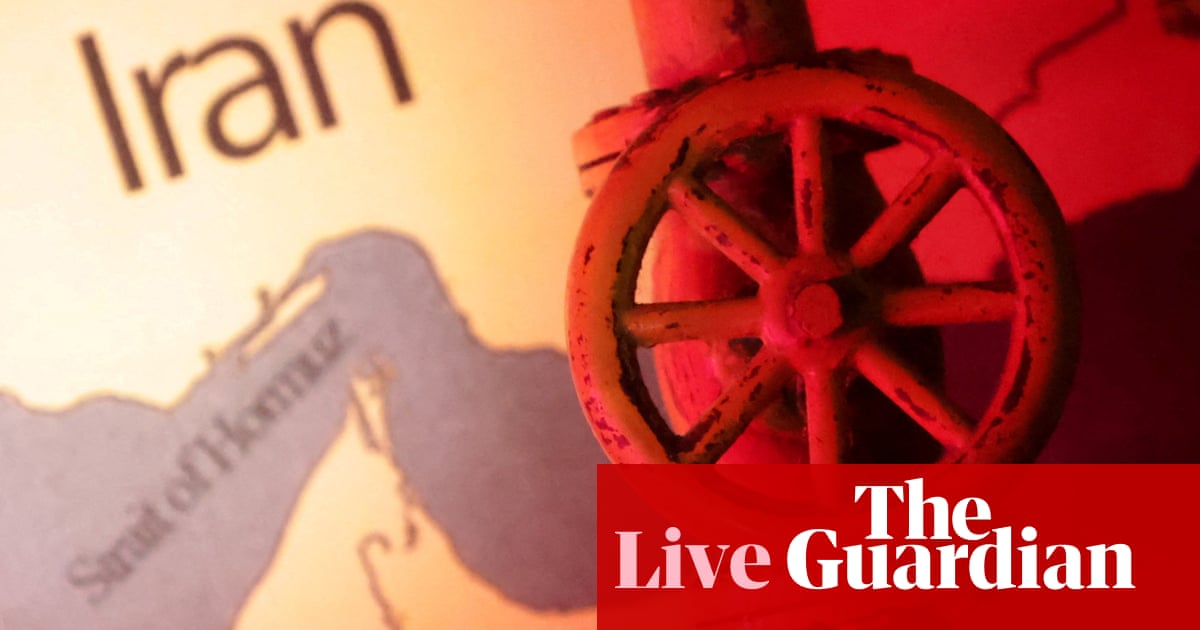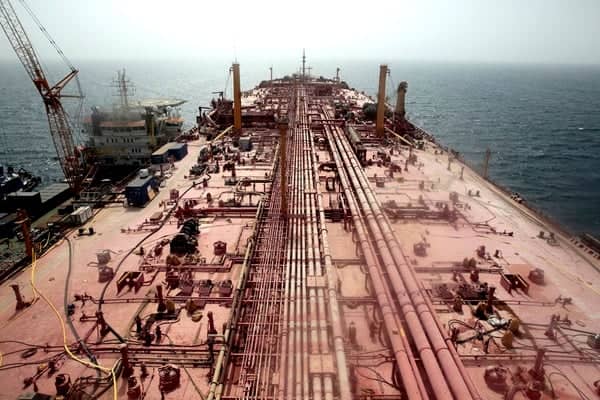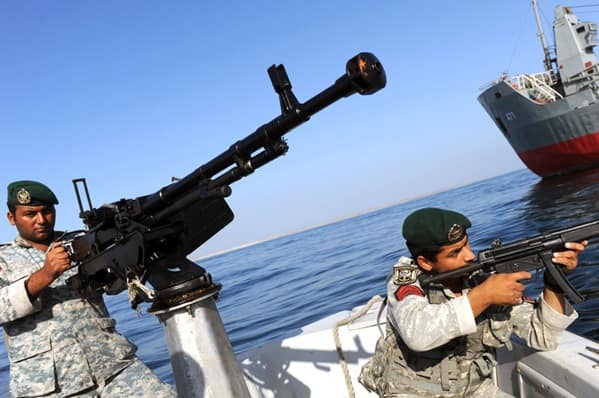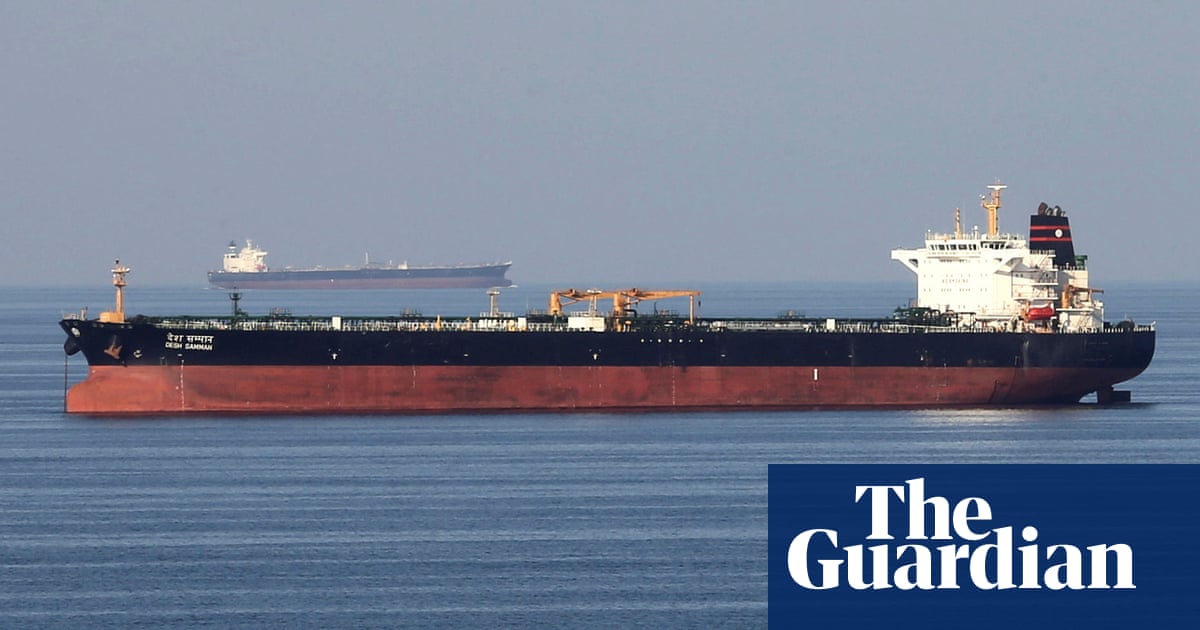#oil prices
#oil prices
[ follow ]
fromwww.theguardian.com
1 week agoWhy Russia's economy is unlikely to collapse even if oil prices fall
Pacing inside the Kremlin last weekend, as news feeds churned out minute-by-minute reports of Donald's Trump's Venezuelan coup, Vladimir Putin may have been wondering what it would mean for the price of oil. Crude oil has lubricated the Russian economy for decades far more than gas exports to Europe and so the threat of falling oil prices, prompted by US plans for control of Venezuela's rigs, will have been a source of concern.
World politics
World news
fromLondon Business News | Londonlovesbusiness.com
2 weeks agoPutin loses trillions amid undervaluation of oil and petroleum - London Business News | Londonlovesbusiness.com
Russia faces severe revenue losses from undervalued oil, prompting potential budget cuts, higher VAT and customs costs, and Ukrainian sanctions targeting its military-industrial complex.
fromLondon Business News | Londonlovesbusiness.com
3 weeks agoOil gains as Venezuela and Iran fears grow - London Business News | Londonlovesbusiness.com
European markets have entered the final full week of 2025 on a largely tepid tone with many easing back ahead of a shortened week that looks likely to see lower volume and lower volatility. Coming off the back of a period that has seen a raft of big-ticket, market-moving events, traders are expecting things to calm down towards year-end. Today's notable release in Europe saw UK GDP confirmed at 0.1% for the third quarter. This lays the groundwork for tomorrow's US GDP release.
Miscellaneous
from24/7 Wall St.
1 month agoHere Are Wednesday's Top Wall Street Analyst Research Calls: Ally Financial, CyberArk, Fortinet, Robinhood Markets, Salesforce, ServiceNow, Proctor & Gamble, and More
Futures are trading higher on Wednesday as we reach the midpoint of the last full trading week of the year. Sellers once again took their toll on two of the major indices, while the Nasdaq squeaked out a minimal gain after being down around the noon hour. The Dow Jones Industrial Average closed down 0.62% at 48,114, while the S&P 500 was last down 0.44% at 6800. The Nasdaq pulled out a small win for the Bulls, finishing the session at 23,111, up 0.23%.
US news
Miscellaneous
fromLondon Business News | Londonlovesbusiness.com
1 month agoUkraine peace deal hopes pin defence stocks back, oil hits seven-month low - London Business News | Londonlovesbusiness.com
Ukraine peace hopes pushed oil to seven-month lows and hurt European defence stocks while UK labour weakness strengthened calls for further Bank of England cuts.
Business
from24/7 Wall St.
1 month agoHere Are Friday's Top Wall Street Analysts Research Calls: Advanced Micro Devices, Block, Broadcom, Exact Sciences, Hologic, Palo Alto Networks and More
Futures rose amid volatile trading after NVIDIA earnings, a stronger-than-expected jobs report, and Fed comments suggesting possible future rate cuts.
US news
from24/7 Wall St.
2 months agoHere Are Wednesday's Top Wall Street Analyst Research Calls: AT&T, Beyond Meat, Carvana, Fortinet, Snowflake, Waste Managment and More
Stocks rallied while the NASDAQ lagged amid AI valuation concerns and Michael Burry's criticism; Treasury yields rose and oil prices advanced.
Business
fromFortune
2 months agoExxon and Chevron hike oil production despite global glut and see more 'frontier exploration' as U.S. shale boom slows | Fortune
Exxon, Chevron, and Shell are raising crude output in the Permian, Gulf of Mexico, and Guyana, increasing supply risks and pressuring oil prices toward 2026.
from24/7 Wall St.
2 months agoTrump Refilling Strategic Petroleum Reserve - Big Oil Could Benefit
The U.S. Strategic Petroleum Reserve (SPR) was created in 1975 by the Energy Policy and Conservation Act, signed into law by President Gerald Ford. It was established in response to the 1973-1974 oil embargo, which highlighted the U.S. economy's vulnerability to oil supply disruptions. Those who were around at the time, like your author, witnessed long lines at the gas stations as the price of a gallon of gas jumped as much as 43%. In fact, the national average cost
US politics
from24/7 Wall St.
3 months agoOPEC+ Supply Surge: 3 Oil Stocks to Sell Before the Crash
OPEC+, the coalition of major oil producers plus Saudi Arabia and Russia , plans to increase crude output by 500,000 barrels per day (bpd) starting in November. This daily hike will continue for three months, injecting about 45 million additional barrels into the global market amid already weak demand caused by economic slowdowns in the U.S. and Asia. The move, aimed at balancing supply, risks creating an oversupply that could drive down prices.
Business
fromLondon Business News | Londonlovesbusiness.com
3 months agoGaza plan helps drive oil prices lower - London Business News | Londonlovesbusiness.com
Chinese markets continued to show resilience today, with improved PMI surveys offering a glimmer of hope for the broader economy. The latest manufacturing PMI climbed to a six-month high of 49.8, edging closer to the key 50 threshold after a six-month period of contraction. The data, coupled with renewed optimism around Chinese tech stocks, helped the Hang Seng rise 0.9%, with traders increasingly viewing Chinese AI names as a means to diversify from the Mag7 names.
World news
Business
fromLondon Business News | Londonlovesbusiness.com
4 months agoNigeria's Q2 GDP data lands today: Investors watch for signs of steady momentum - London Business News | Londonlovesbusiness.com
Stocks rose ahead of GDP, with services—especially telecoms/ICT—driving growth; oil price declines risk sentiment ahead of the CBN MPC meeting.
Miscellaneous
fromLondon Business News | Londonlovesbusiness.com
5 months agoUAE markets mixed as investors remain cautious - London Business News | Londonlovesbusiness.com
UAE stock markets recorded mixed performances, with Dubai up and Abu Dhabi slightly down, amid oil price volatility and earnings season conclusions.
fromFortune
6 months agoThe S&P 500 flirts with it's all-time high, oil futures rise 1.4% after Middle East ceasefire
Despite the ongoing uncertainties in the market, including geopolitical tensions and tariffs, U.S. equities are bouncing back, showing signs of resilience under current conditions.
US politics
fromwww.theguardian.com
7 months agoBank of England expected to leave interest rates as Middle East conflict drives up oil price business live
Wael Sawan emphasized the careful management of shipping in the Middle East due to rising tensions, highlighting the significant uncertainty in the region caused by recent conflicts.
UK news
[ Load more ]
